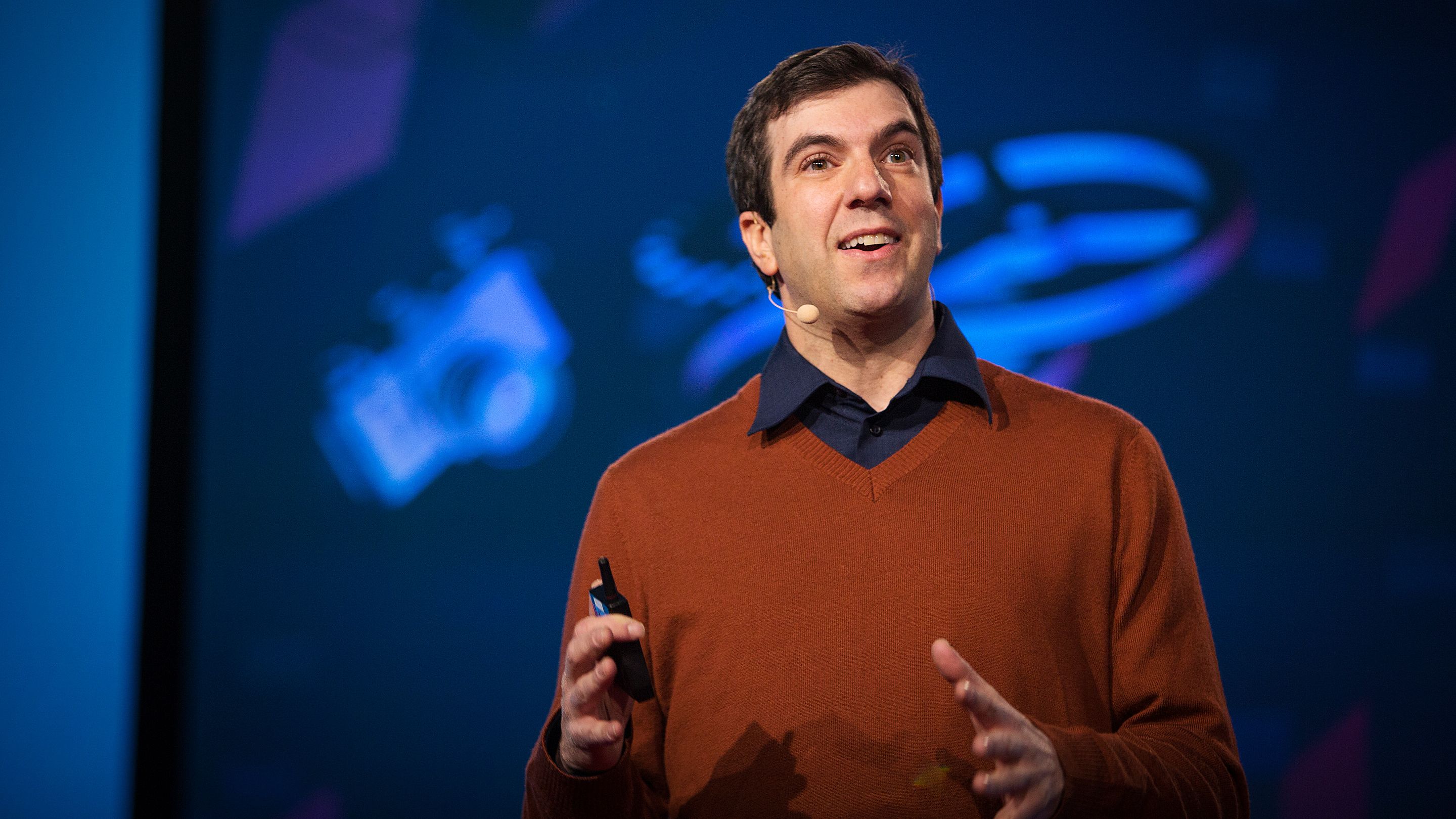The world's largest family reunion ... we're all invited!
1,350,653 views |
A.J. Jacobs |
TEDActive 2014
• March 2014
You may not know it yet, but A.J. Jacobs is probably your cousin (many, many times removed). Using genealogy websites, he's been following the unexpected links that make us all, however distantly, related. His goal: to throw the world's largest family reunion. See you there?
